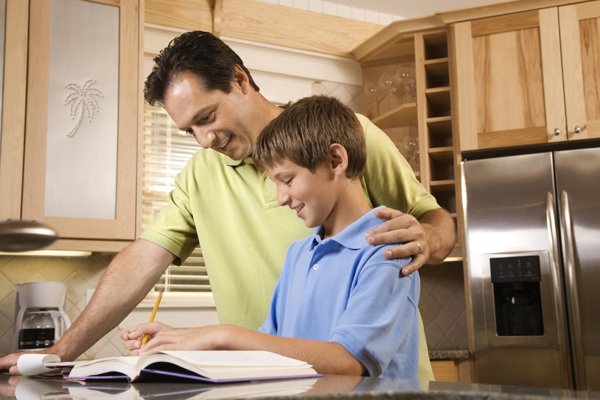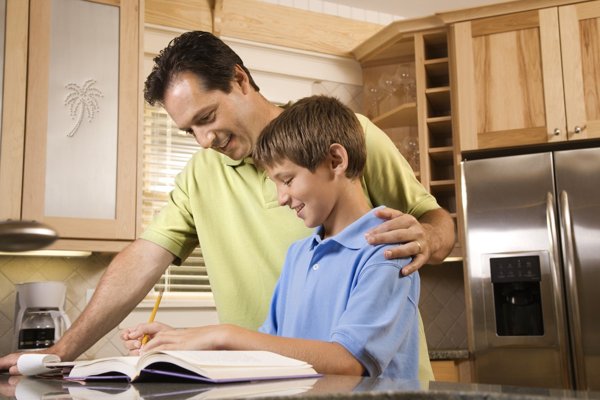
 Social media is a little bit like driving a car. If used properly it is a wonderful tool to accomplish good or add enjoyment to your life. If used improperly however, it can not only be dangerous, it can be a weapon. Parents need to be aware of the impact their influence can have not only on their children's day to day lives but on their future as well.
Social media is a little bit like driving a car. If used properly it is a wonderful tool to accomplish good or add enjoyment to your life. If used improperly however, it can not only be dangerous, it can be a weapon. Parents need to be aware of the impact their influence can have not only on their children's day to day lives but on their future as well.
In this day and age, with few exceptions, there is no keeping teens and social media apart from one another. The lessons parents can teach their children through their interactions on sites like Facebook and Instagram is invaluable. The lessons are not only as to how they use these sites, but why and when.
If your teens are active on Facebook, everything they've been taught about social interaction will be represented in how they communicate with friends and how they react to strangers. Parents have a responsibility to teach their children filters. Filters that not only protect them from predators but instruct them on how to stay away from bad behavior from the people they already know.
Parents need to speak with their children about what they are doing. On one hand, respect for another's privacy needs to be learned by the teens; on the other, hand safety always comes first. That makes communication a key. That communication should include making your teen your Facebook friend, whether you have interest in the social media or not. This isn't about a parent's personal enjoyment, rather about their teen's safety and development.
Most of the same rules will apply to Instagram. Making your teen your Instagram friend is not unlike knowing what they look like when they leave the house. This is a public forum and whether they like it or not, your teens need to accept your ability to see how they represent themselves.
But just like you should allow your teens to hang out with their friends in the basement with just an occasional inspection, so too it's important not to be too involved in their online interactions. While we recommend that you "friend" your teens and keep an eye on what they're doing on social media, it's probably best for parent-teen relationships if you keep any actual social media interactions with them private.
Lastly, keep in mind that what your teens choose to do online can contribute positively to their development. It's nice for them to express themselves through pictures, but Facebook allows them to hone their verbal communication skills, something useful as they grow into adulthood.



